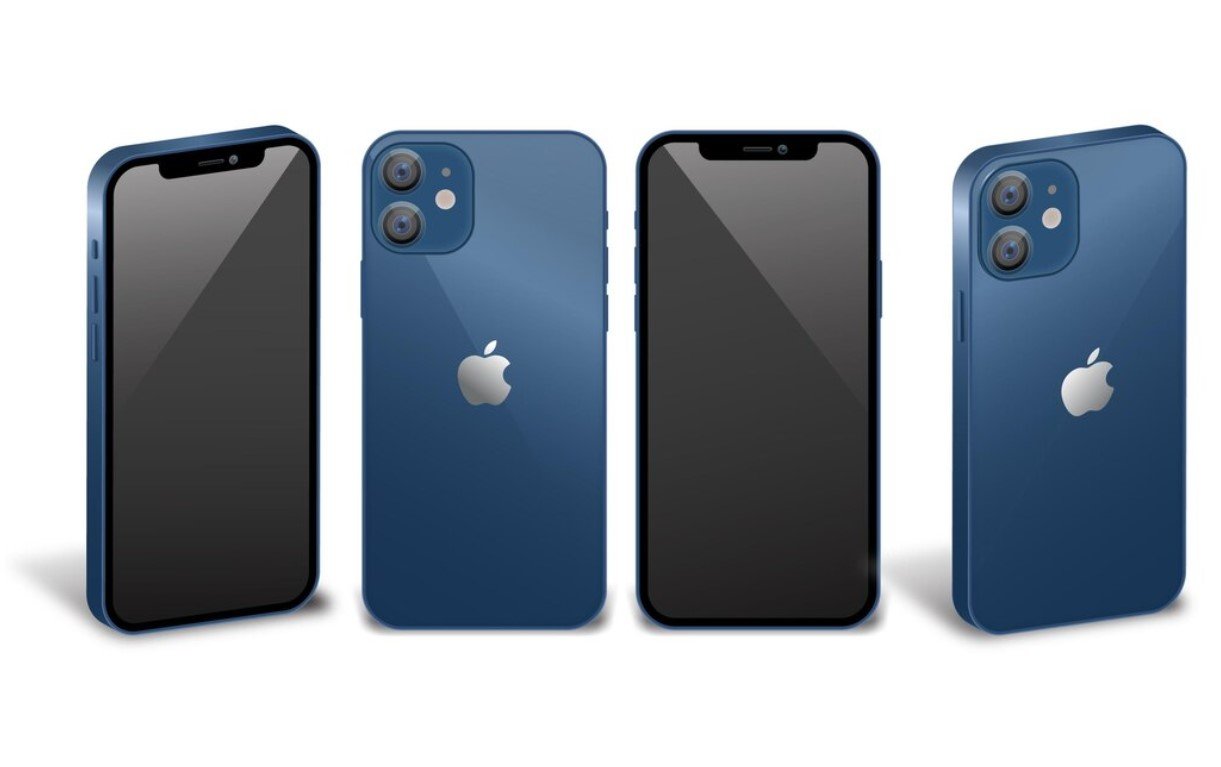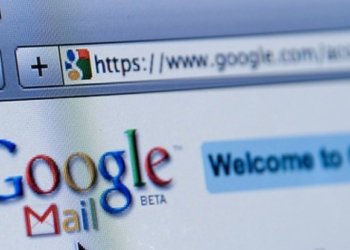Apple is known for its high-quality products and customer service, but also for its strict warranty policy. The tech giant offers to replace malfunctioning iPhones with new ones within one year of purchase, as long as the device is authentic and not tampered with. However, some people have tried to exploit this policy by sending counterfeit iPhones to Apple for repair, hoping to get genuine ones back. This is the story of how two Chinese nationals attempted this scheme and ended up facing 20 years in prison.
The counterfeit iPhone scam
According to the Attorney’s Office for the District of Columbia, Haotian Sun, 33, and Pengfei Xue, also 33, were convicted of mail fraud and conspiracy to commit mail fraud by a federal jury on February 21, 2024. The duo, along with their unnamed co-conspirators, submitted more than 5,000 “inauthentic” iPhones to Apple for repair, intending to cause a loss of more than $3 million to the company.
The counterfeit phones were originally imported from Hong Kong via UPS mailboxes in the DC Metropolitan area. The fake devices were then shipped to Apple retail stores or Authorized Resellers with spoofed serial numbers and/or IMEI numbers. Sun and Xue claimed that the phones were defective and requested replacements under the warranty program. They then sold the genuine iPhones they received from Apple for profit.

The scam lasted from May 2017 to September 2019, until U.S. postal inspectors arrested Sun and Xue in December 2019. The investigation revealed that the pair had opened eight UPS Store mailboxes using Sun’s Maryland driver’s license and university identification card. They also used multiple aliases and addresses to avoid detection.
How Apple detected the fraud
Apple has a sophisticated system to verify the authenticity and eligibility of the iPhones it receives for repair. The company uses various methods to check the physical and digital characteristics of the devices, such as the model, color, size, weight, serial number, IMEI number, software version, and hardware components.
The company also has a database of known counterfeit iPhones and their identifiers. When Apple detects a fake iPhone, it rejects the repair request and returns the device to the sender with a letter explaining the reason. Apple also keeps records of the repair requests and the senders’ information.
By analyzing these records, Apple was able to identify a pattern of suspicious activity involving thousands of iPhones sent from the DC Metropolitan area. The company notified the authorities and cooperated with the investigation. Apple also provided evidence and testimony during the trial.
The consequences of the fraud
The counterfeit iPhone scam not only harmed Apple, but also the consumers and the environment. The fake iPhones were made of low-quality materials and components, which posed safety and security risks to the users. The fake iPhones also wasted valuable resources and contributed to electronic waste.
The scam also violated the intellectual property rights of Apple and its suppliers. The counterfeiters copied the design, logo, and trademarks of Apple without authorization. They also infringed on the patents and trade secrets of Apple and its suppliers, who invested heavily in research and development to create innovative products.
The scam also disrupted the fair competition in the smartphone market. The counterfeiters gained an unfair advantage over the legitimate sellers and manufacturers of iPhones, who had to comply with the laws and regulations of the countries they operated in. The counterfeiters also deceived the consumers who bought the fake iPhones, thinking they were getting the real deal.
The scam also exposed the vulnerabilities of the global supply chain and the postal system. The counterfeiters exploited the loopholes and gaps in the customs and security checks to smuggle the fake iPhones into the U.S. They also used the postal service to deliver the fake iPhones to Apple and the genuine ones to their buyers, without paying the proper taxes and fees.
The verdict and the sentence
The jury found Sun and Xue guilty of mail fraud and conspiracy to commit mail fraud, after a four-day trial. The jury also found that the pair forfeited more than $1.5 million in cash, 1,000 iPhones, and other assets related to the scam.
The duo are scheduled to be sentenced on June 21, 2024. They face a maximum of 20 years in prison for each count, as well as fines and restitution. The sentence will be determined by the U.S. District Judge, who will consider the U.S. Sentencing Guidelines and other statutory factors.
The case was prosecuted by the Attorney’s Office for the District of Columbia and the U.S. Postal Inspection Service, with the assistance of Apple and other agencies. The case was part of the National Intellectual Property Rights Coordination Center’s Operation Chain Reaction, which targets counterfeit goods that threaten the health and safety of the American public.


































